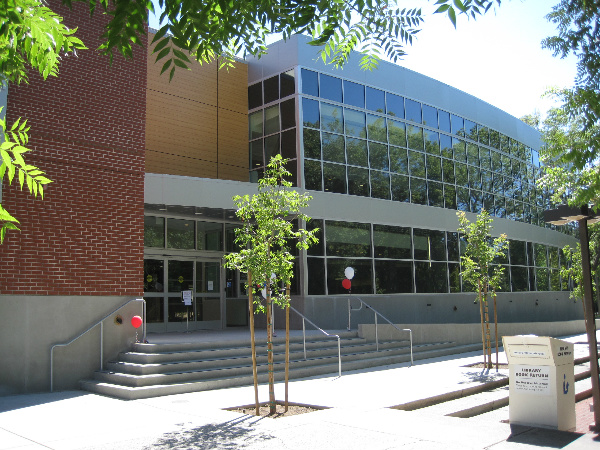§108 of the Copyright Code outlines exceptions and limitations for library reproductions.
LRCCD Regulation 8333 §6.3 summarizes these exemptions, including guidelines on copies for interlibrary loan.
Primary points include:
- Any copying done for students may not be for financial gain and must include a copyright notice.
- Any publicly accessible means of reproducing materials must have a notice posted regarding copyright. The American Library Association recommends the following language:
Notice: The copyright law of the United States (Title 17 U.S. Code) governs the making of photocopies or other reproductions of copyrighted material. The person using this equipment is liable for any infringement.
§108(h)(i) allows libraries/archives exemptions to “reproduce, distribute, display, or perform…for purposes of preservation, scholarship, or research” a work that is within its last 20 years of copyright.
- This exemption may not be applied if the work is still commercially viable and available for purchase at a reasonable price.
- This exemption does not apply in the case of “a musical work, a pictorial, graphic or sculptural work, or a motion picture or other audiovisual work other than an audiovisual work dealing with news…”
- See Notice to Libraries and Archives of Normal Commercial Exploitation or Availability at Reasonable Price for more detail
Additional Resources:
- The Section 108 Spinner will help you evaluate whether your intended reproduction is acceptable
- Interlibrary Loan Copyright Guidelines and Best Practices (white paper)
- Chapter 6 of Hirtle, Hudson, & Kenyon’s book, Copyright & Cultural Institutions
- The Good News About Library Fair Use Infographic
- The Association of Research Libraries’ Code of Best Practices in Fair Use for Academic and Research Libraries
- §109 of the Copyright Code – Also referred to as the First Sale rule; makes most of a library’s holdings available to its users and allows students the rights to resell their textbooks.
Next, we will look at exemptions for face-to-face instructional settings.
Copyright Home Basics Exemptions Creative Commons Fair Use
Finding Content Additional Resources
Disclaimer: The content of this page is presented for informational purposes only and is not intended to substitute for legal advice.
